Dhaka, June 26 (V7N) – Economic Adviser Dr. Salehuddin Ahmed revealed on Wednesday that the International Monetary Fund (IMF) had requested clarity on Bangladesh’s national election schedule before approving the release of its fourth and fifth loan tranches. The IMF, along with other development partners, began disbursing budget support funds after receiving assurance of an upcoming election date.
Dr. Ahmed made the remarks while responding to questions from reporters following a meeting of the Cabinet Committee on Government Purchase. On Monday, the IMF’s Executive Board approved the release of $1.337 billion in combined disbursements from its fourth and fifth tranches under Bangladesh’s ongoing loan program.
He further noted that the World Bank had already approved $500 million, the Asian Development Bank (ADB) $900 million, and the Asian Infrastructure Investment Bank (AIIB) $400 million in budget support—all expected to be disbursed by June 30.
Political Stability Was a Key Concern
In response to the IMF’s statement expressing concerns about political stability, Dr. Ahmed acknowledged the political dimension of economic reform. “Economic reforms and activities are deeply tied to the political climate in any country. Political stability is critical. Once the election timeline was shared, development partners—including the IMF—were satisfied,” he said.
He added that development agencies had been uncertain about whether national elections would indeed take place in February. “We informed them that the elections would be held in February, and that alleviated their concerns.”
Donor Confidence in Reform Progress
Dr. Ahmed stressed that donor agencies were now “broadly satisfied” with Bangladesh’s progress on reform measures. He highlighted that no major lending institution was withholding approved disbursements at this stage. “World Bank, ADB, AFD, and AIIB have all proceeded with fund releases. We will engage in further dialogue with the IMF on the issue of political stability.”
On Currency, Remittance, and Investment
Dr. Ahmed acknowledged that while foreign investment inflow remains sluggish, other indicators are showing improvement. “Our reserves have risen with the inflow of budget support. Exports are performing steadily, and remittance flows are also showing positive signs.”
He noted a boost in remittance confidence: “During my recent visit to Saudi Arabia, I learned that many citizens feel more comfortable sending money home now that the caretaker government is in place. Previously, they were unsure where their money was going and felt uneasy.”
Geopolitical Impact: Iran-Israel Conflict
Addressing potential economic impacts from the Iran-Israel conflict, Dr. Ahmed stated that the Strait of Hormuz had not caused any immediate disruptions. “Despite the war, we have actually saved money on energy procurement. Emergency re-tendering allowed us to secure deals $5 to $10 lower per barrel, saving between Tk 700 to 800 million. This is a success for the Ministry of Energy.”
On fertilizer prices, he acknowledged an increase in import costs from Morocco and Tunisia, noting that alternative sourcing was not feasible under the circumstances.
END/V7D/SMA/



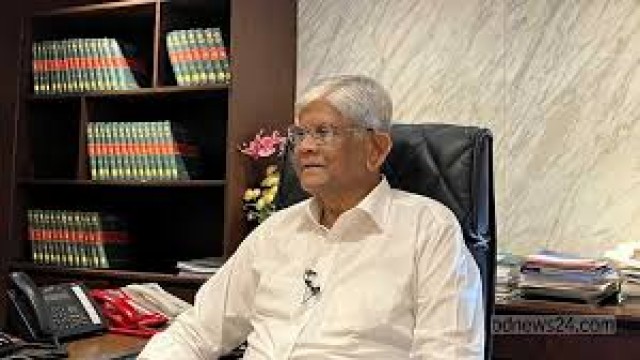

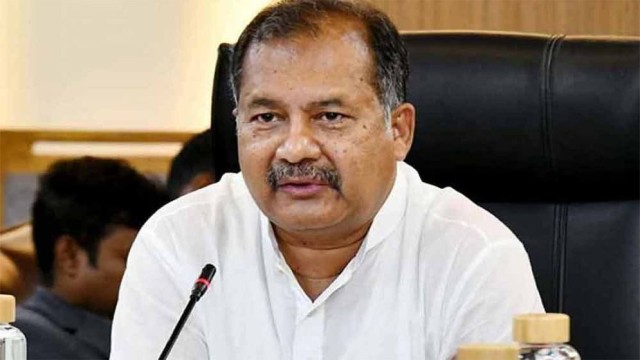
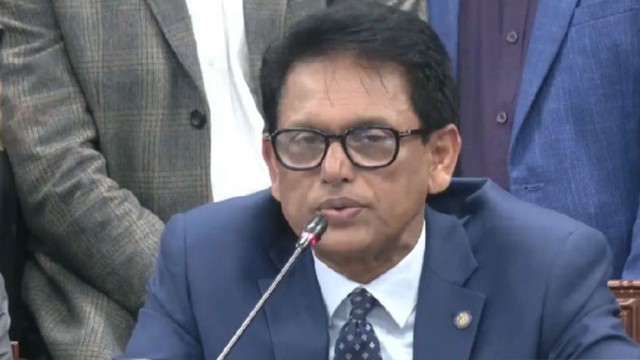


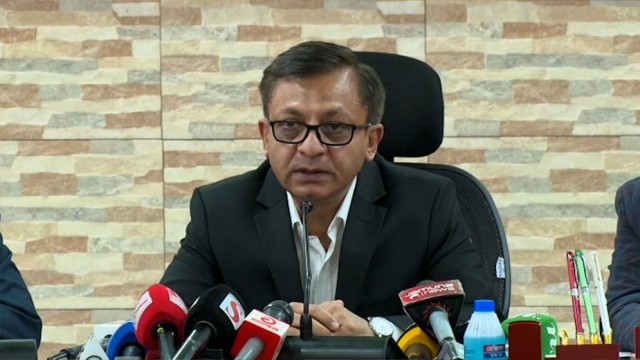

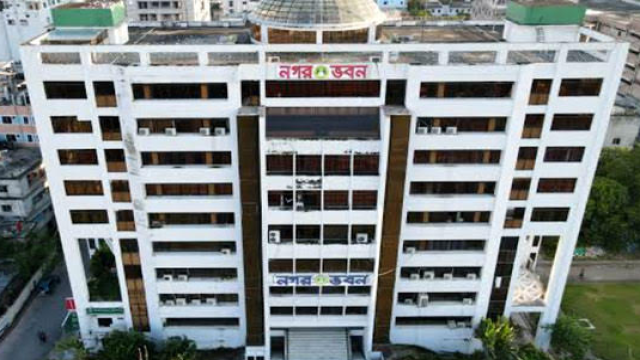


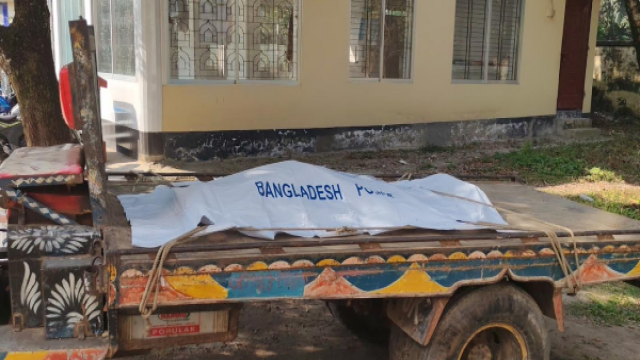
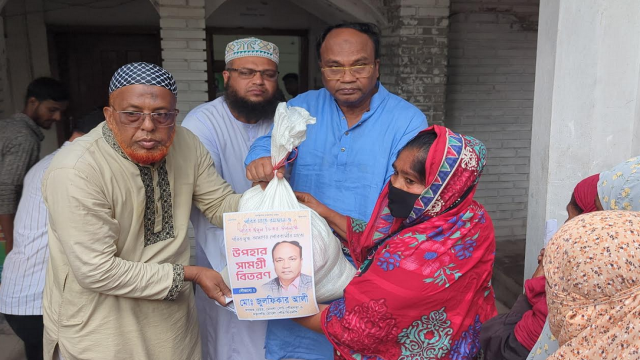

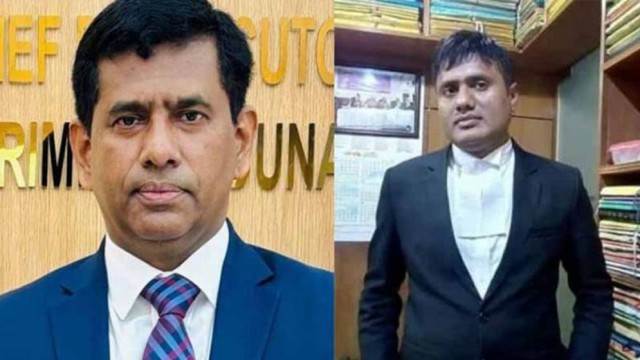










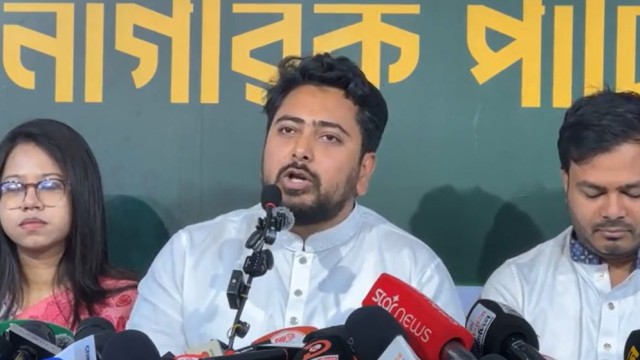

Comment: